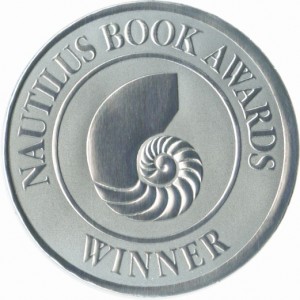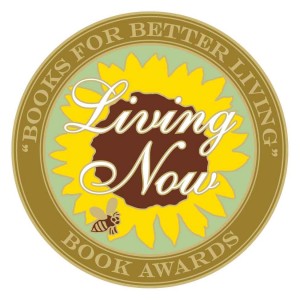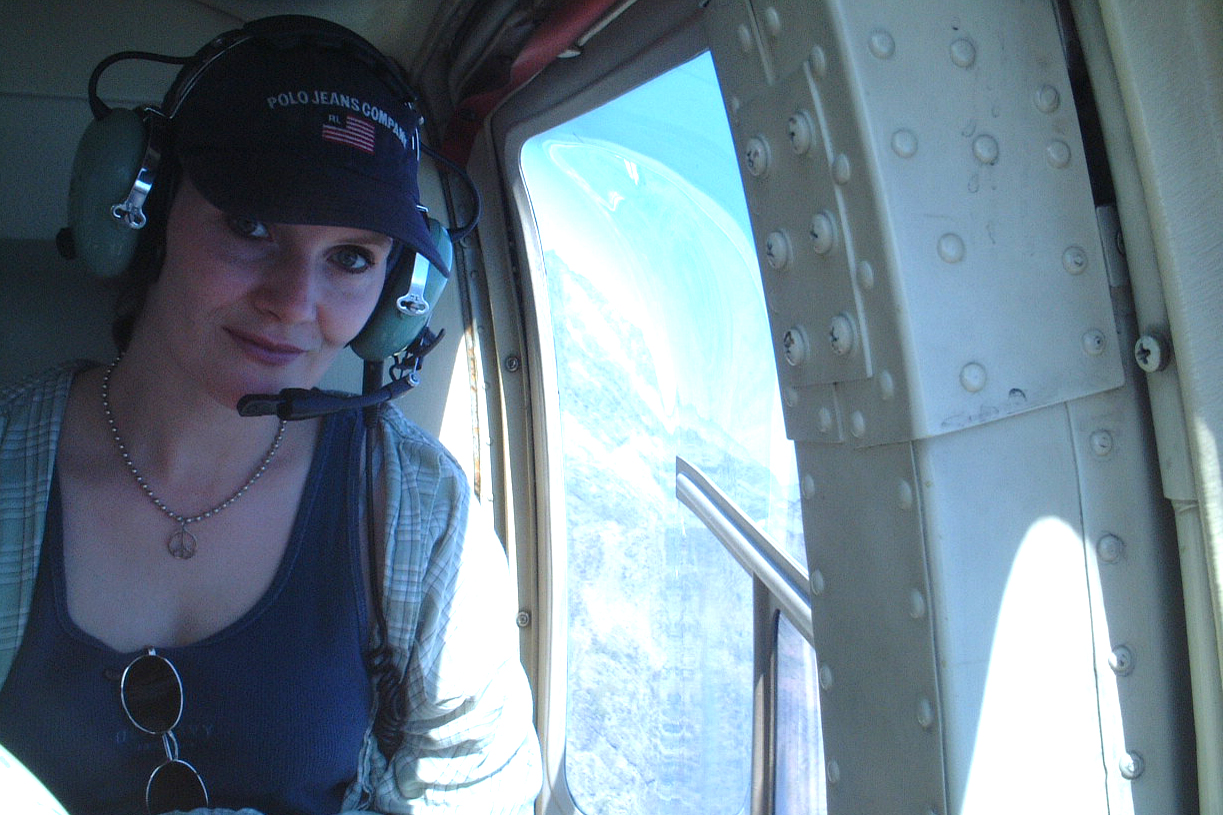by Mike O’Mary
In 2009, I started a book publishing company called Dream of Things. A month later, I started doing posts on Freelance-Zone. Since then, I’ve periodically shared thoughts and stories about publishing in this space that are different than what I share elsewhere. FZ sort of feels like home to me (or at least one of several “homes” on the Internet), so it’s nice to come here and kick off my shoes and talk about some of the behind-the-scenes stuff.
Most of the behind-the-scenes stuff is hard work done over a lot of hours. But I’m not going to rehash that today. Instead, I’m going to share some of the rewards of the hard work. What’s the payoff?
The past month was pretty good in terms of pay off, in emotional reward if not yet financially.
For example…
Dream of Things published a memoir called Everything I Never Wanted to Be by Dina Kucera. I read Dina’s manuscript in January 2010. I edited her book in the spring and released it in October 2010. Ten months is a ridiculously short amount of time from acceptance to release. It was a lot of work in a short period of time. The payoff this past month: Dina did a reading in Los Angeles in April, and several people expressed an interest in the movie rights. I’m bringing her to Chicago for book readings/signings in July. I hope we will be able to announce a movie deal between now and then.
 On January 1, 2011, Dream of Things released a book about creative writing called MFA in a Boxby John Rember. John’s book didn’t require a lot of editing. It was more of an assembly job. He had the material — from craft talks given at the Pacific University MFA program over many years. We started talking about the book in 2009, then worked on it in earnest from May to December 2010. Again, a lot of hard work in a very short period of time. The payoff: Publishers got a “heads up” in April from several awards programs, many of which plan to announce official results at BookExpo America in New York the third week of May. I can’t reveal details yet, but I can tell you that MFA in a Boxwill be recognized by the judges of the Nautilus Awards, the Hoffer Awards, the Midwest Book Awards and possibly two others. Such awards are very gratifying emotionally, and they can help garner the attention to make a book a financial success, too.
On January 1, 2011, Dream of Things released a book about creative writing called MFA in a Boxby John Rember. John’s book didn’t require a lot of editing. It was more of an assembly job. He had the material — from craft talks given at the Pacific University MFA program over many years. We started talking about the book in 2009, then worked on it in earnest from May to December 2010. Again, a lot of hard work in a very short period of time. The payoff: Publishers got a “heads up” in April from several awards programs, many of which plan to announce official results at BookExpo America in New York the third week of May. I can’t reveal details yet, but I can tell you that MFA in a Boxwill be recognized by the judges of the Nautilus Awards, the Hoffer Awards, the Midwest Book Awards and possibly two others. Such awards are very gratifying emotionally, and they can help garner the attention to make a book a financial success, too.
 The other “payoff” good news in April was about one of my own books. The Note is a book I wrote about the power of appreciation and how a simple note can change a person’s life. It’s the book behind the Note Project, a campaign to inspire 1 million people to write notes of appreciation. The Note Project launched on April 18, and I was very pleased to learn on April 21 that The Note has been named Best Gift Book of 2011 in the Living Now Book Awards.
The other “payoff” good news in April was about one of my own books. The Note is a book I wrote about the power of appreciation and how a simple note can change a person’s life. It’s the book behind the Note Project, a campaign to inspire 1 million people to write notes of appreciation. The Note Project launched on April 18, and I was very pleased to learn on April 21 that The Note has been named Best Gift Book of 2011 in the Living Now Book Awards.
So all in all, April was a pretty good month. I tell you all of this not to be boastful, but to remind you and myself that hard work does, in fact, pay off. We all know that, but we all also go through times where we wonder “what’s the point?’ and “is this worth the effort?” There have been many times in the past two years when I told myself I was nuts for starting a publishing company and doing all of the related work. But having people inquire about movie rights and having peers in the publishing industry recognize your work…that’s the kind of news that will keep you going for at least a couple of more years and several more books.
Mike O’Mary is owner of Dream of Things, and founder of the Note Project.


 Okay, I never thought I’d say this, but there’s some fascinating stuff on Twitter for writers. I see lots of job postings and writing advice. Have you gotten a freelance job via a Twitter contact? I haven’t gotten that far, but I’m finding decent advice and interesting revelations in 140 characters or less. Here are some of the results from a recent #writing search (followed by selected parenthetical comments from Yours Truly):
Okay, I never thought I’d say this, but there’s some fascinating stuff on Twitter for writers. I see lots of job postings and writing advice. Have you gotten a freelance job via a Twitter contact? I haven’t gotten that far, but I’m finding decent advice and interesting revelations in 140 characters or less. Here are some of the results from a recent #writing search (followed by selected parenthetical comments from Yours Truly):
 by Mike O’Mary
by Mike O’Mary